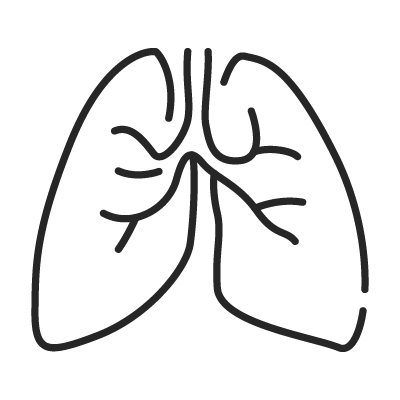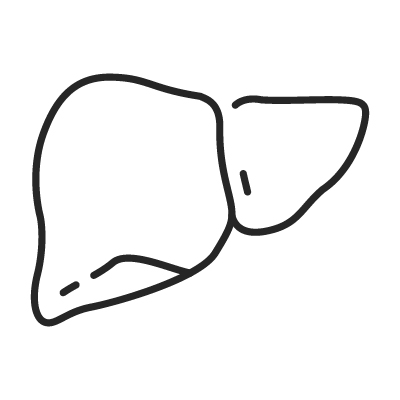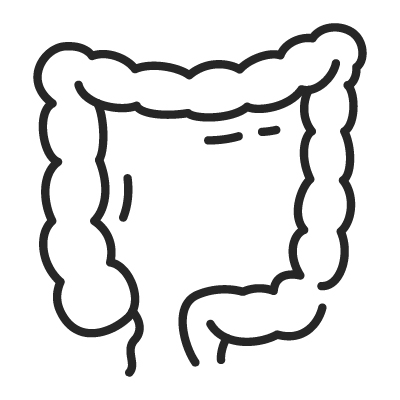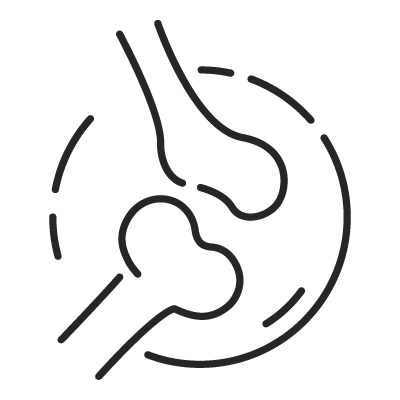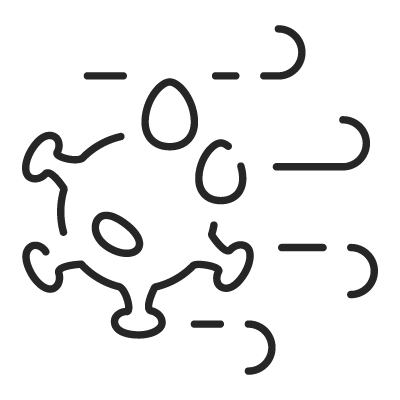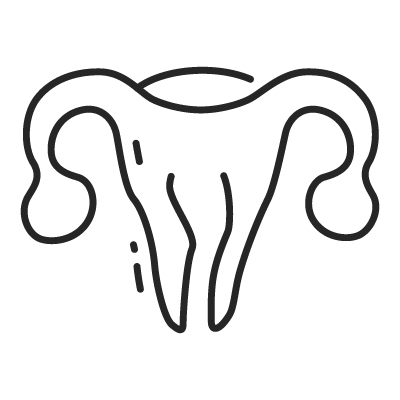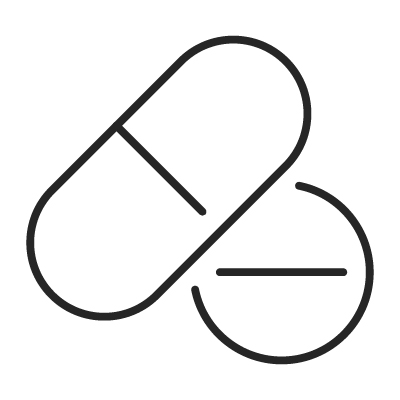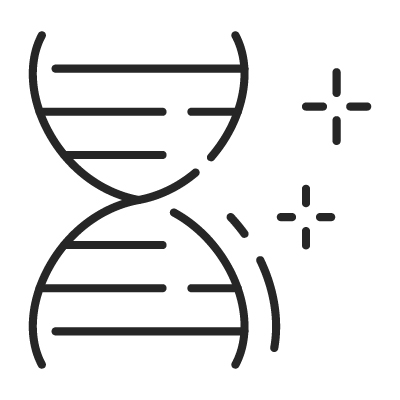Lysergic Acid Diethylamide (LSD)
| Catalog No. | SDLSDU |
|---|---|
| Specimen | Urine |
| Dimensions | Height: 60mm, Length: 300mm, Height: 80mm, Length: 300mm |
| Cut-off | 10ng/mL; 20ng/mL; 50ng/mL; |
Product Description
Lysergic acid diethylamide (LSD) is a white powder or a clear, colorless liquid. LSD is manufactured from lysergic acid which occurs naturally in the ergot fungus that grows on wheat and rye. It is a Schedule I controlled substance, available in liquid, powder, tablet (microdots), and capsule form. LSD is recreationally used as a hallucinogen for its ability to alter human perception and mood. LSD is primarily used by oral administration, but can be inhaled, injected, and transdermally applied. LSD is a non-selective 5-HT agonist, may exert its hallucinogenic effect by interacting with 5-HT 2Areceptors as a partial agonist and modulating the NMDA receptor-mediated sensory, perceptual, affective and cognitive processes. LSD mimics 5-HT at 5-HT 1A receptors, producing a marked slowing of the firing rate of serotonergic neurons. LSD has a plasma half-life of 2.5-4 hours. Metabolites of LSD include N-desmethyl-LSD, hydroxy-LSD, 2-oxo-LSD, and 2-oxo-3-hydroxy-LSD .These metabolites are all inactive. LSD use can typically be detected in urine for periods of 2-5 days.
The Multi-Drug Rapid Test Panel yields a positive result when Lysergic Acid Diethylamide in urine exceeds detective level.



